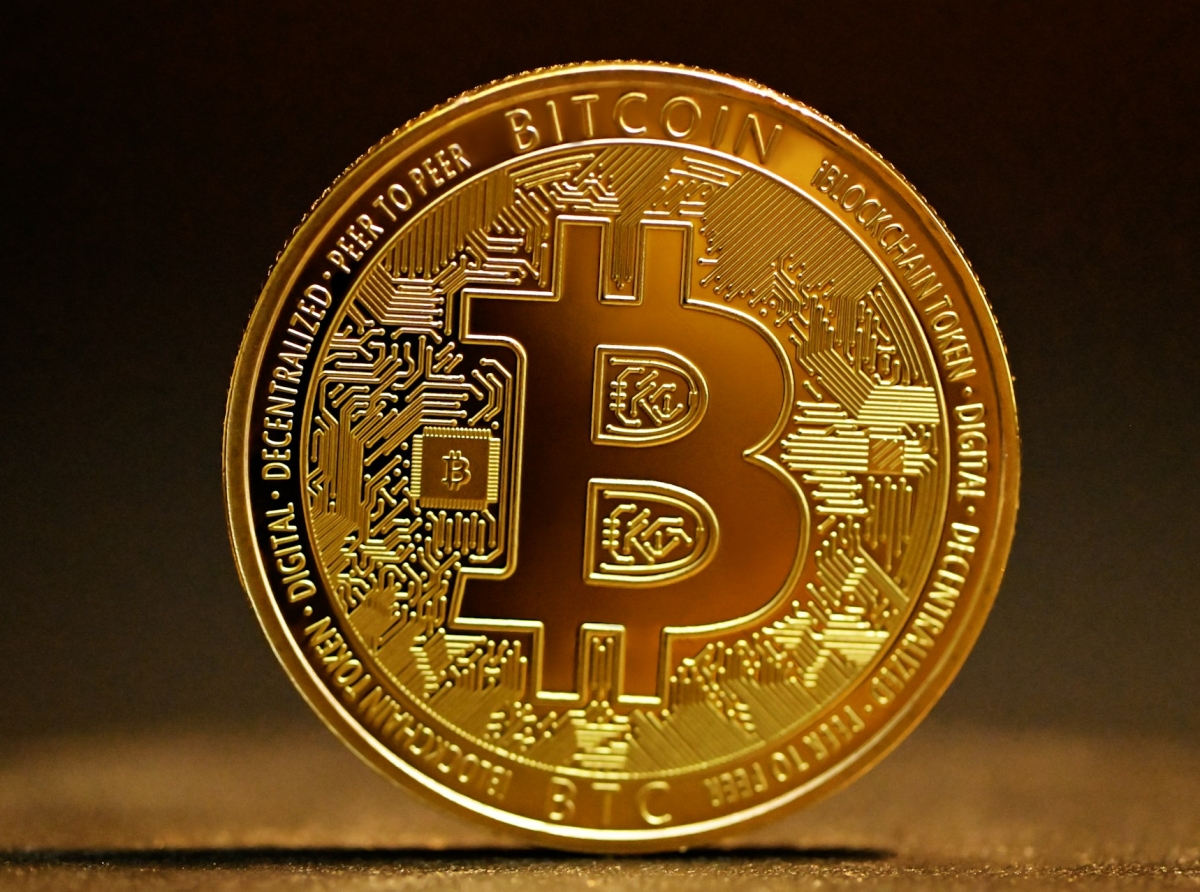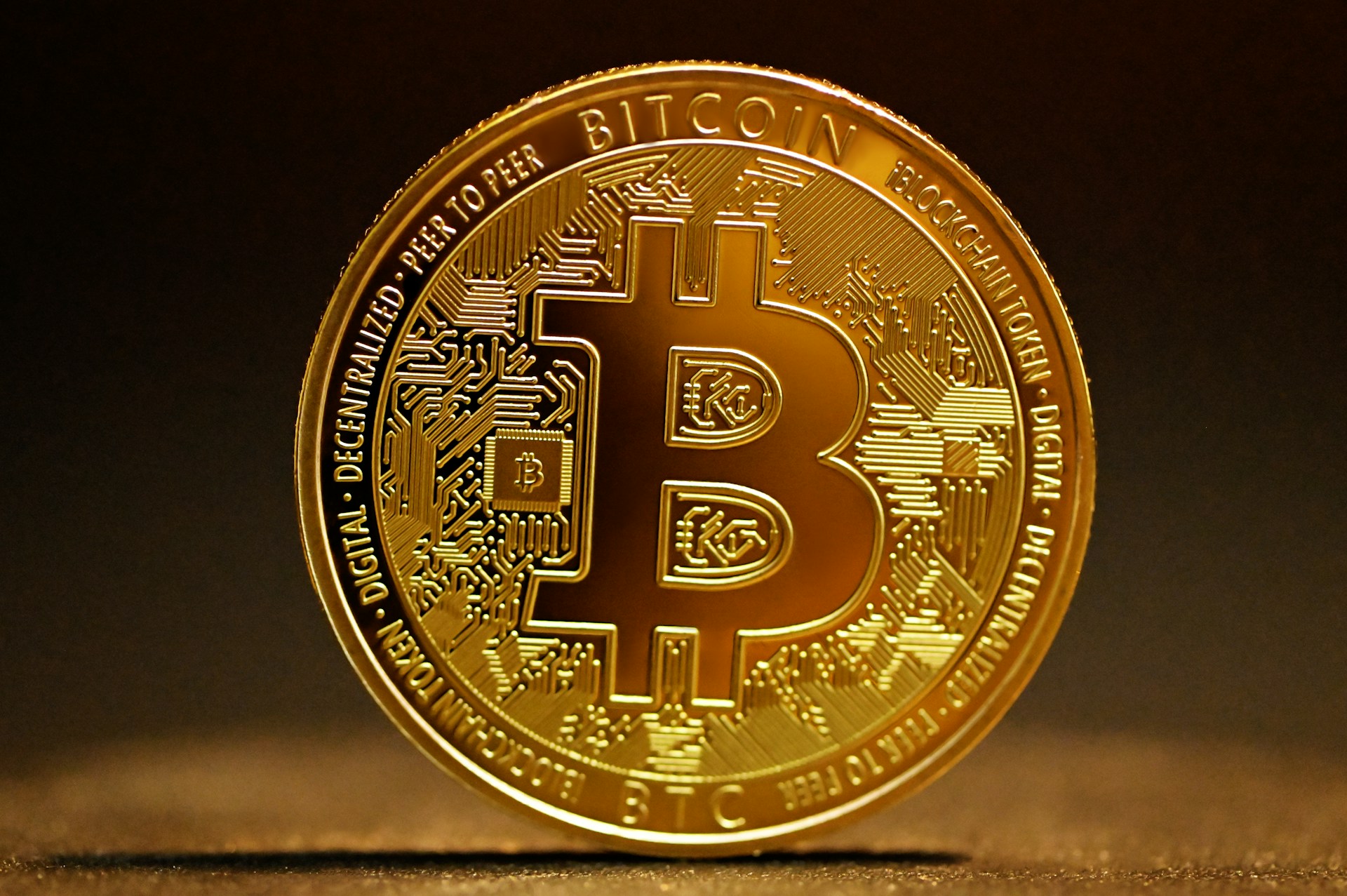Blockchain in Everyday Life: Real-World Applications of Cryptocurrency Beyond Trading

Blockchain in Everyday Life: Real-World Applications of Cryptocurrency Beyond Trading
Blockchain technology and cryptocurrencies have revolutionized the way we think about digital transactions and value storage. While many people associate these innovations primarily with trading and investment, their potential extends far beyond the realm of financial speculation. Blockchain, a decentralized ledger technology, underpins the operation of cryptocurrencies like Bitcoin and Ethereum. This technology ensures transparent, secure, and immutable record-keeping without the need for intermediaries.
The significance of exploring blockchain applications beyond trading cannot be overstated. By delving into its diverse use cases, we can uncover opportunities to solve real-world problems, enhance efficiency across various sectors, and introduce new paradigms for daily life activities. This essay explores how blockchain and cryptocurrency are being leveraged across different domains to offer solutions that extend far beyond simple trading.
The significance of exploring blockchain applications beyond trading cannot be overstated. By delving into its diverse use cases, we can uncover opportunities to solve real-world problems, enhance efficiency across various sectors, and introduce new paradigms for daily life activities. This essay explores how blockchain and cryptocurrency are being leveraged across different domains to offer solutions that extend far beyond simple trading.

Blockchain in Everyday Life: Real-World Applications of Cryptocurrency Beyond Trading
Blockchain in Supply Chain Management
Enhancing transparency and traceabilityOne of the most impactful applications of blockchain technology is in supply chain management. Traditional supply chains often suffer from a lack of transparency, making it difficult to track products from their origin to the end consumer. Blockchain addresses this issue by providing an immutable record of every transaction along the supply chain.
For instance, imagine purchasing a piece of jewelry and being able to trace its journey from the mine where the metal was sourced to the retailer where you bought it. This enhanced level of transparency helps ensure ethical sourcing practices and enables consumers to make informed choices.
Reducing fraud and errors
In addition to improving transparency, blockchain can significantly reduce fraud and errors within supply chains. Traditional systems rely on paper-based records or centralized databases that can be tampered with or compromised. Blockchain’s decentralized nature ensures that once data is recorded, it cannot be altered without consensus from all parties involved.
This feature is particularly valuable in industries where counterfeiting is rampant, such as pharmaceuticals and luxury goods. By using blockchain to verify product authenticity at each stage of the supply chain, companies can minimize the risk of counterfeit products reaching consumers.
Cryptocurrency in Financial Inclusion
Providing banking services to the unbankedCryptocurrencies have a unique potential to address financial inclusion by providing banking services to individuals who are unbanked or underbanked. According to the World Bank, around 1.7 billion adults globally do not have access to traditional banking services. Cryptocurrencies enable these individuals to participate in financial systems through nothing more than a smartphone with internet access.
For example, people in remote areas without access to bank branches can use cryptocurrency wallets for savings, loans, and payments. This democratization of financial services empowers individuals by giving them control over their finances without relying on traditional banking infrastructure.
Facilitating cross-border transactions with lower fees
Cross-border transactions facilitated by traditional banks often involve high fees and lengthy processing times due to intermediaries involved in currency conversion and compliance checks. Cryptocurrencies streamline this process by enabling peer-to-peer transfers directly between parties across borders.
Platforms like Ripple aim to facilitate instant cross-border payments at minimal cost compared to conventional methods used by banks today: reducing remittance costs could greatly improve life quality for migrant workers sending money back home regularly.
Smart Contracts in Legal Agreements
Automating contract executionSmart contracts are self-executing agreements with terms directly written into code running on blockchain networks like Ethereum; they automatically execute when conditions defined therein are met - eliminating need intermediaries ensure compliance contractual obligations manually: leading greater efficiency legal processes overall!
Imagine renting apartment automated rental agreement upon receiving deposit automatically transfers ownership keys tenant specified date predefined conditions fulfilled! Smart contracts streamline real estate transactions making them faster more secure less reliant human intervention reduce errors potential frauds arising manual processing paperwork significantly!
Reducing reliance on intermediaries
Traditionally legal agreements require presence intermediaries such as lawyers notaries verify validate documents involved processes increasing costs time consumption overall system: however smart contracts eliminate necessity reducing reliance intermediaries result significant cost savings time efficiency gains stakeholders involved!
By incorporating smart contracts insurance policies claims processing industry can greatly benefit streamlined automated nature contract verification execution resulting quicker settlements lower administrative overheads improved customer satisfaction levels ultimately enhancing trust clients insurers alike!
Decentralized Applications (DApps) for Everyday Use
Examples DApps improving daily life (e.g., social media gaming)
Decentralized applications (DApps) built atop blockchains offer myriad possibilities everyday use cases ranging from social media platforms gaming ecosystems: distinct advantage DApp lies decentralization removing control single entity ensuring greater user privacy security autonomy participants involved!
Consider social media platforms built using blockchain technology users retain ownership content shared incentivized contributing quality information network via cryptocurrency rewards mechanisms fostering healthier collaborative online communities contrast centralized counterparts often plagued issues data breaches misuse personal information etcetera! Gaming industry also witnessing emergence decentralized games integrating non-fungible tokens (NFTs) enabling players truly own trade virtual assets earned gameplay sessions creating vibrant secondary markets outside game developer control further enhancing player engagement experiences overall!
Potential future developments adoption
Future developments DApps likely usher innovative solutions diverse sectors healthcare education supply chain management more leveraging power decentralization immutability inherent blockchain infrastructure! As awareness grows adoption increases expect see rise adoption decentralized identity systems enable seamless verification personal credentials across platforms borders promoting interoperability trust digital interactions worldwide ultimately transforming manner conduct interact realms modern society!
In conclusion exploration real-world applications blockchain cryptocurrency reveals vast transformative potentials extending well beyond trading investments alone! From enhancing transparency traceability supply chains promoting financial inclusion underserved populations automating legal agreements creating decentralized everyday use cases future holds promising possibilities leveraging power innovation underlying technologies ushering era improved efficiencies security autonomy myriad facets contemporary existence!
Blockchain, Cryptocurrency, DApps, Decentralization, Real-world applications














Report
My comments